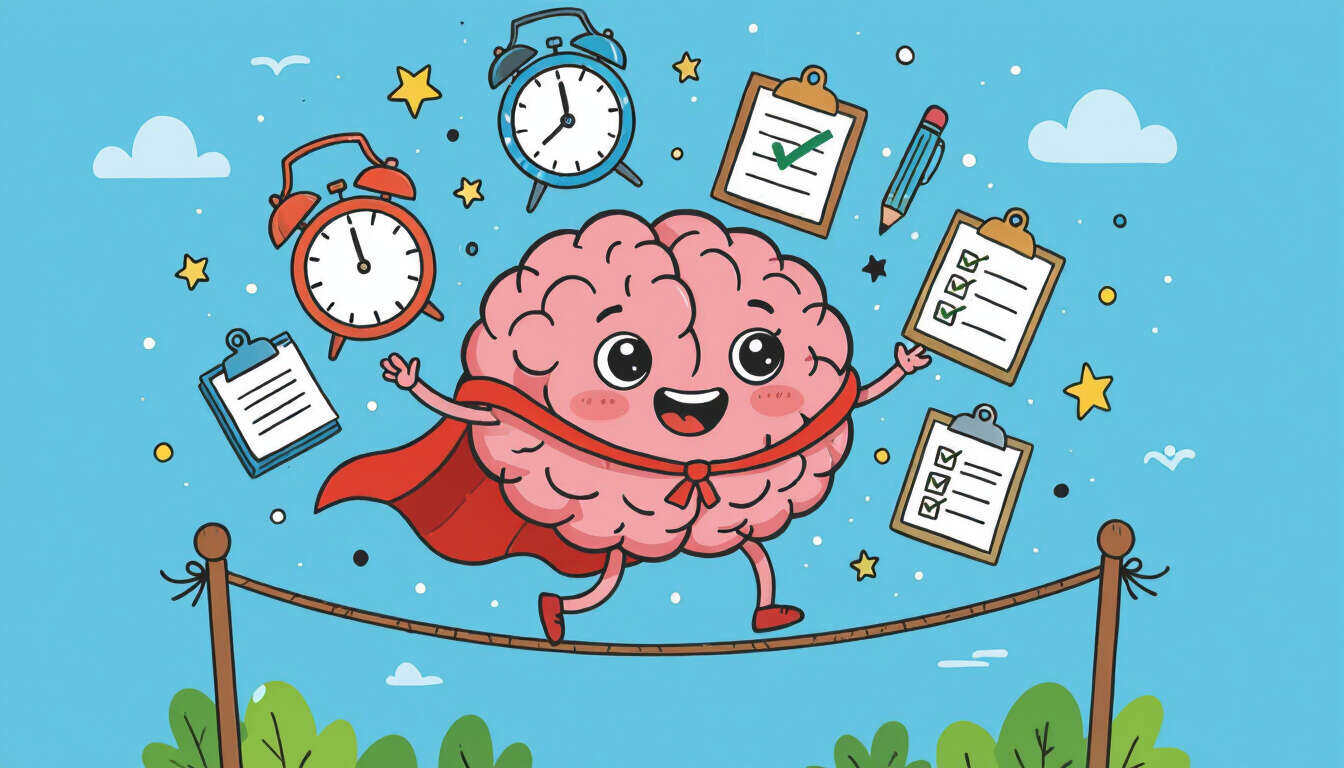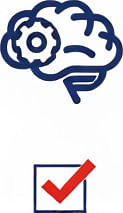Empowering Individuals with ADHD
 by Marlene Keeling
by Marlene Keeling
Discover practical productivity techniques that support adults and young adults with ADHD, helping to build focus and achieve goals in daily life. These strategies offer a compassionate approach to overcoming challenges and fostering personal growth.

Living with ADHD can present unique hurdles, but many people find ways to thrive by adopting simple strategies. For instance, ADHD often involves difficulty with focus, yet targeted approaches can make a difference.
Simple Strategies for Focus
One helpful method is the Pomodoro technique, which uses timed work sessions to maintain attention. By working for a set period, such as 25 minutes, followed by a short break, individuals can manage tasks without feeling overwhelmed. This approach suits those with ADHD by breaking larger projects into manageable parts.
Another idea involves creating visual reminders. Using tools like planners or apps keeps important items in view, reducing forgetfulness. For example, color-coding schedules can highlight priorities and ease daily routines.
Building Daily Habits
Establishing consistent habits is key for many. Starting small, like setting a routine for mornings, helps build momentum. Regular exercise, such as a daily walk, supports mental clarity and energy levels. These habits encourage progress over perfection, offering a gentle way to adapt.
Mindfulness practices, like brief meditation, can also aid concentration. Spending just a few minutes daily on breathing exercises calms the mind and improves task handling. For people with ADHD, this provides a foundation for steadier focus.
Overcoming Setbacks
Everyone faces tough days, and that's okay. Reflecting on successes, no matter how minor, builds confidence. Keeping a journal of achievements tracks growth and motivates continued effort.
Connecting with others offers valuable insights. Joining groups or talking with peers shares experiences and ideas, creating a sense of community. This support reinforces that challenges are shared and manageable.
In practice, combining these techniques leads to noticeable improvements. For example, one person might use timers for work and exercise for balance, leading to better outcomes. The goal is to find what works personally, adapting as needed.
Remember, progress comes from persistence. By trying these methods, individuals with ADHD can move forward with assurance and strength.
